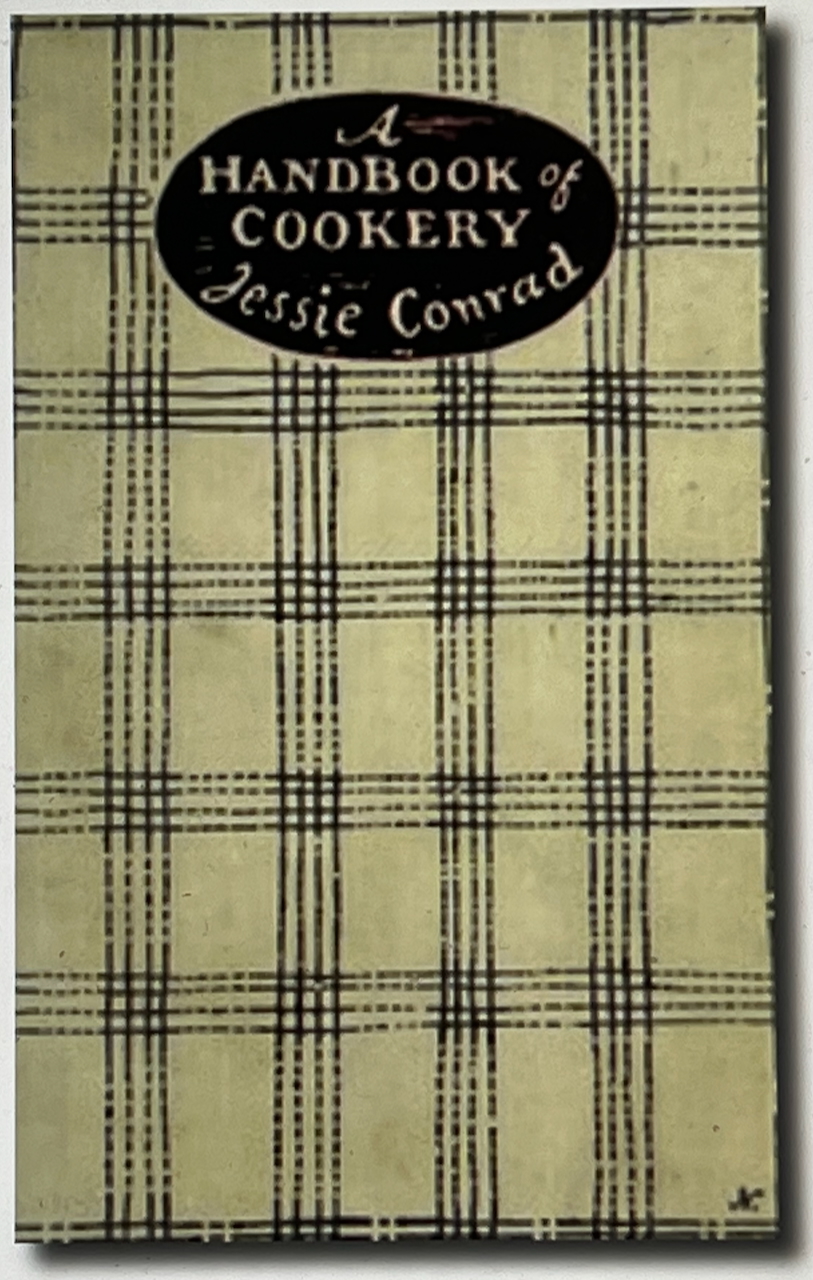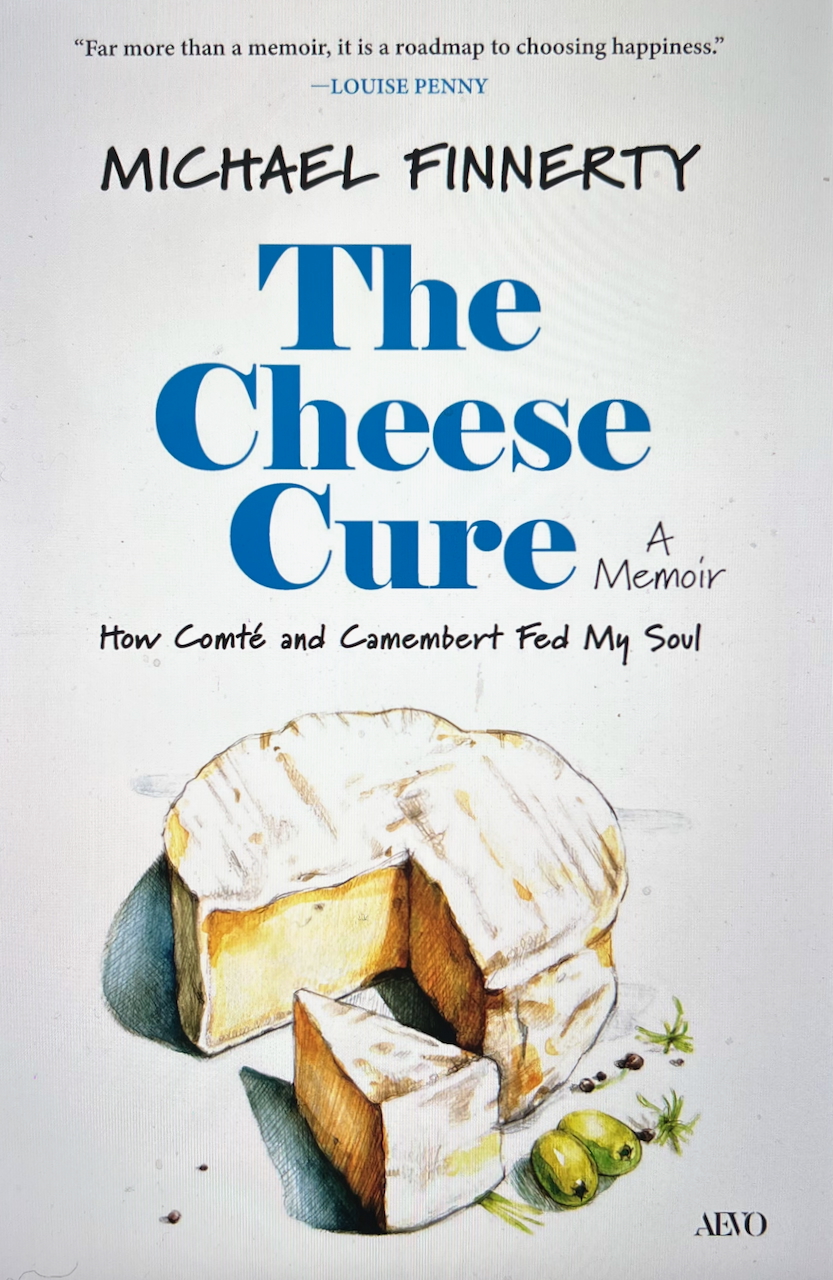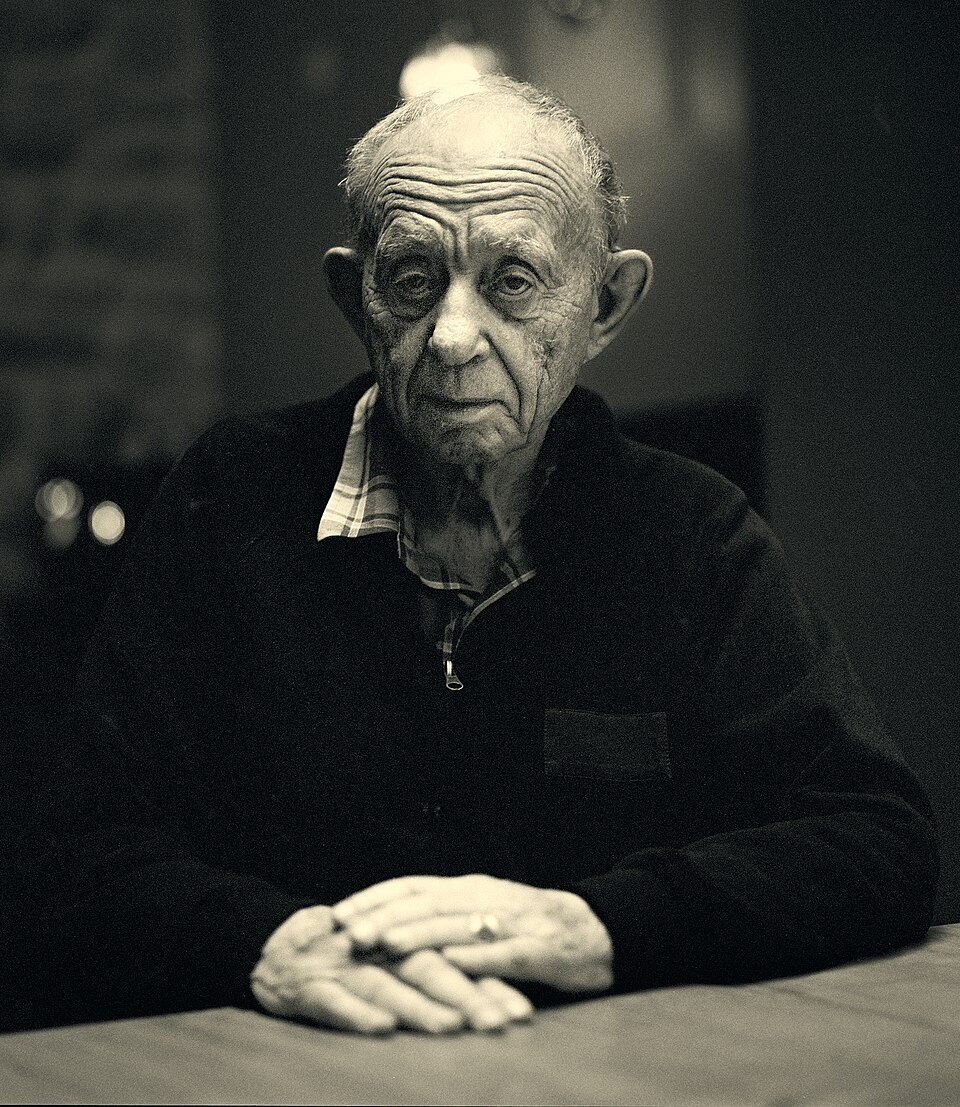The Meaning of Being a Veteran
November 8, 2018
Sunday is Veterans Day, which Woodrow Wilson set in motion in 1919, when he asked the country to remember the armistice that ended WWI. Now it is a day to honor all those who have served in the military—distinct from Memorial Day (those killed serving in war) and Armed Forces Day/Week (those serving now).
There are some 20.5 million U.S. veterans now, or about 7 percent of the population, down from 18 percent in 1980. My family has served often, though not consistently through the generations. My father served in the Pacific Theater in WWII. He got out and went in again during the Korean War but was not in theater. My grandparents did not serve. I served four years, as a combat engineer—in the peacetime army, a smile of fortune—and military diver. My sons, I hope, will never be required to serve in war.
Serve, served, service: As with any metaphor, one reaches for his pistol. What exactly does it mean to have served? That is complicated, for individuals and societies.
Why, for instance, would we laugh when Forrest Gump goggles at the sacrifice of Lieutenant Dan’s ancestors, who are shown dropping like flies, war after war? Perhaps because, despite the current pieties of “thank you for your service,” we always know militaries are massive bureaucracies; that they can serve better or worse political ends; that they are intended from the first day of boot camp to dehumanize; and that they waste, as any other inefficient machine does.
Then there is the confusion over The Injunction. Is it “Thou shalt not kill” or “You shall not murder”? The difference matters. Besides, you may have a different injunction entirely.
In the 2009 David L. Jannetta Distinguished Lecture in War, Literature and the Arts, at the U.S. Air Force Academy, poet John Balaban says:
“Lord Byron, attuned to modern wars of national liberation brewing in Europe, [said]: ‘War’s a brain-spattering, windpipe-slitting art, / Unless her cause by right be sanctified.’ And in doing so, he presents some complicated questions not just for men and women in uniform, but for any citizen, but particularly a citizen of a democracy like ours, in times like ours, with a technology like ours. How is a war ‘by right sanctified’? What is a ‘just war’, or a jus ad bellum, ‘the right to go to war’? And how do we determine what is jus in bello, the ‘right use of force’? Who makes these discriminations?”
Discriminations continue to be applied for as long as history remembers an event, and affect how we think of service in it.
The abstraction of “having served one’s country” is further complicated by the fact that it is possible to serve an entire military career in a support position, far from conflict, with little more hardship than the usual hassles and grind of any civilian job. Or to be in support but wounded or killed by the indiscriminate technology of an IED. Military branches, units, and jobs judge each other terribly on who gets to claim valor. Popular culture has a fascination with the “operator.”
Given the impossible variety of contexts of service and accidents of fortune, what general cultural value can we assign to “having served,” apart from an obligation to care for veterans?
My friend Matt, a combat veteran of Afghanistan, who was wounded severely, does not even believe non-combat vets should be called veterans; he calls them “prior service.” He goes no easier on anyone else, including himself.
“I’m generally pretty critical of the veteran community,” he says. “I guess I’m not very veterany in that way. I don’t really feel like it entitles me to anything other than the original contract. Which is: you break it, you buy it, and you’re going to pay for my school. Outside of that, I don’t really care if I ever fly first-class on a plane in my life. It’s not a thing to me. I don’t ask for discounts. Like, that whole entitlement, I guess, bothers me.”
In a few cases, a different kind of veteran entitlement seeks to continue a mirror relationship with the military and to share in its power, by claiming service members swore an oath they are required to uphold as civilians. This has been used as justification in events as different as Standing Rock, Ferguson, Charlottesville, and do-it-yourself border protection.
The Oath Keepers, e.g. (“Your Oath NEVER expires! It’s time to keep it!”), call themselves “a non-partisan association of current and formerly serving military, police, and first responders, who pledge to fulfill the oath all military and police take to ‘defend the Constitution against all enemies, foreign and domestic.’ That oath, mandated by Article VI of the Constitution itself, is to the Constitution, not to the politicians, and Oath Keepers declare that they will not obey unconstitutional orders….”
This mentality could, at the least, pit armed veterans against police, some veterans themselves. If the conflict was big enough, and the administration prone to these decisions, vets could face off against National Guard or active military. The most horrifying situation might be if veterans on the left and right—in numbers like at Standing Rock, where thousands showed up on a plain south of Bismarck in the dead of winter—fought a pitched battle with weapons of war in our streets.
Veteran activism is necessary and vital to our democracy. But U.S. veterans acting as if their service never ended have something in common with Soviet veterans, called Afgantsi, of their own Afghanistan war. Author Martin Ewans, a former British diplomat, writes, “Almost all were disaffected…. They started to come together and, unprecedentedly, formed non-Party organisations that campaigned not only for their rights but also for wider social ends. The presence of, and pressure from, the Afgantsicontributed to, and aggravated, the general slide into social disintegration.”
The Afgantsi, which included former top officers, prevented a coup against Boris Yeltsin, in 1992, and continued to play a large role in Russian politics. As the Washington Post put it at the time, “One of the common features of the battle-hardened Afghanistan veterans is their willingness to take decisive action to defend what they perceive as Russian state interests. Their public statements suggest that most of them subscribed to the principal goal…to save a great country from economic ruin and political disintegration.”
Make Russia great again.
Our Department of Homeland Security issued an intelligence and analysis assessment in 2009 titled “Rightwing Extremism: Current Economic and Political Climate Fueling Resurgence in Radicalization and Recruitment.” (Over the past decade, only two-percent of political violence was committed by left-wing radicals.)
It said, “[T]he return of military veterans facing significant challenges reintegrating into their communities could lead to the potential emergence of terrorist groups or lone wolf extremists capable of carrying out violent attacks.”
Whatever being a veteran might mean, it should not be an allegiance to the pornography of armed might. The deeper fealty to civil society would be for vets—and everyone else—to beat their swords into plowshares, an armistice worth remembering every year. As Chapter 31 of the Tao Te Ching (tr. Waley) says:
The Quietist, even when he conquers, does not regard weapons as lovely things.
For to think them lovely means to delight in them,
And to delight in them means to delight in the slaughter of men.
And he who delights in the slaughter of men
Will never get what he looks for out of those that dwell under heaven.








